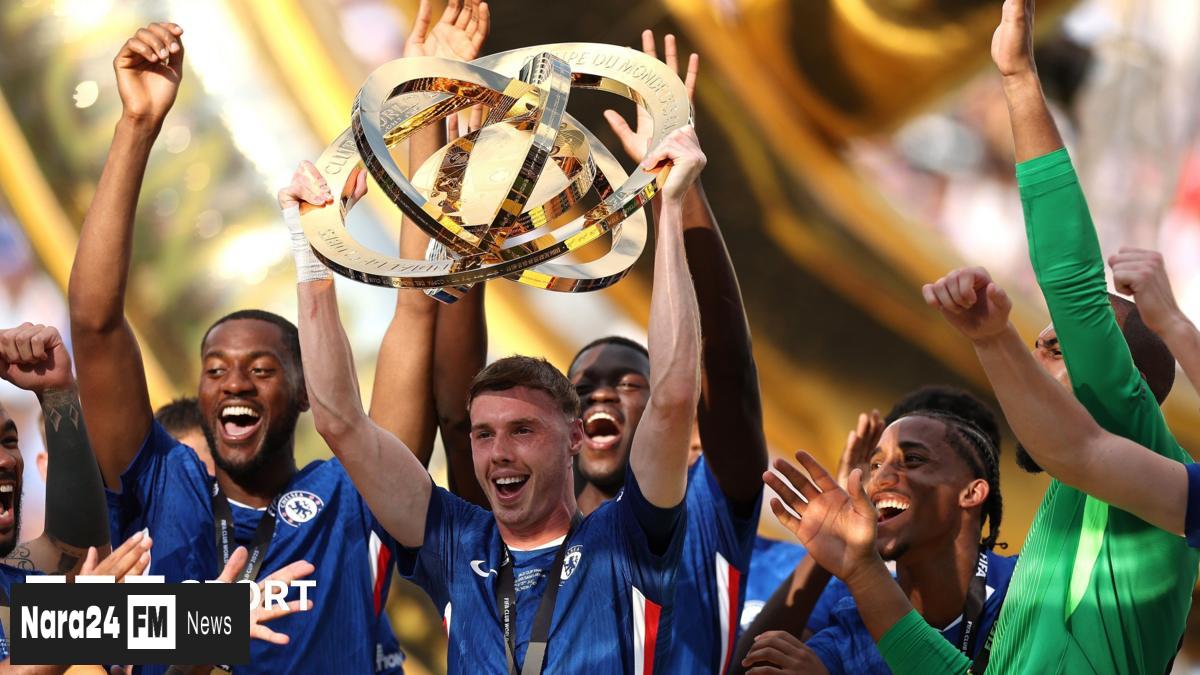Fifpro, the international players' union representing over 66,000 athletes worldwide, has raised alarms about the reluctance of footballers to address systemic issues, citing fears of repercussions from clubs and governing bodies. The union’s general secretary, Alex Phillips, emphasized that while top-tier players may possess individual wealth, the majority lack influence without collective representation through their unions.
The concerns stem from the intense demands of the current football calendar, particularly the expanded Club World Cup, which has left players with minimal rest. For instance, Chelsea’s season concluded with their Club World Cup victory on July 13, just 35 days before their Premier League opener against Crystal Palace. Phillips noted that players have expressed frustration over the lack of recovery time, with some claiming they only get rest when injured.
“There’s a paradox where players are pressured to endorse events like the Club World Cup on social media despite their personal struggles,” Phillips said. “They’re caught in a dilemma—speaking out risks consequences, yet remaining silent perpetuates the problem.”
FIFA has responded by criticizing Fifpro’s “divisive and contradictory” rhetoric, stating the organization should prioritize collaboration over confrontation. A FIFA statement read: “The game needs unity, not division. Players deserve solutions, not empty words.” The governing body also defended its recent summit in Amsterdam, which focused on player health and the international match calendar, though several national unions, including those from Spain, Mexico, and Kyrgyzstan, were excluded.
Fifpro accused FIFA of adopting an “autocratic” approach under president Gianni Infantino, pointing to the Club World Cup as an example of “troubling insensitivity to human rights.” The union previously filed a legal complaint against FIFA with the European Commission, alleging systemic neglect of player welfare. Phillips suggested the summit was an attempt to undermine Fifpro’s role, calling it a “political move” to create internal strife.
FIFA reiterated its stance that the meeting aimed to foster “respectful, progressive dialogue,” but acknowledged past efforts to engage Fifpro had been unsuccessful. The standoff highlights growing tensions between player representatives and the global governing body over workload, rights, and accountability in elite football.









Comments (0)
Leave a Comment
Be the first to comment on this article!